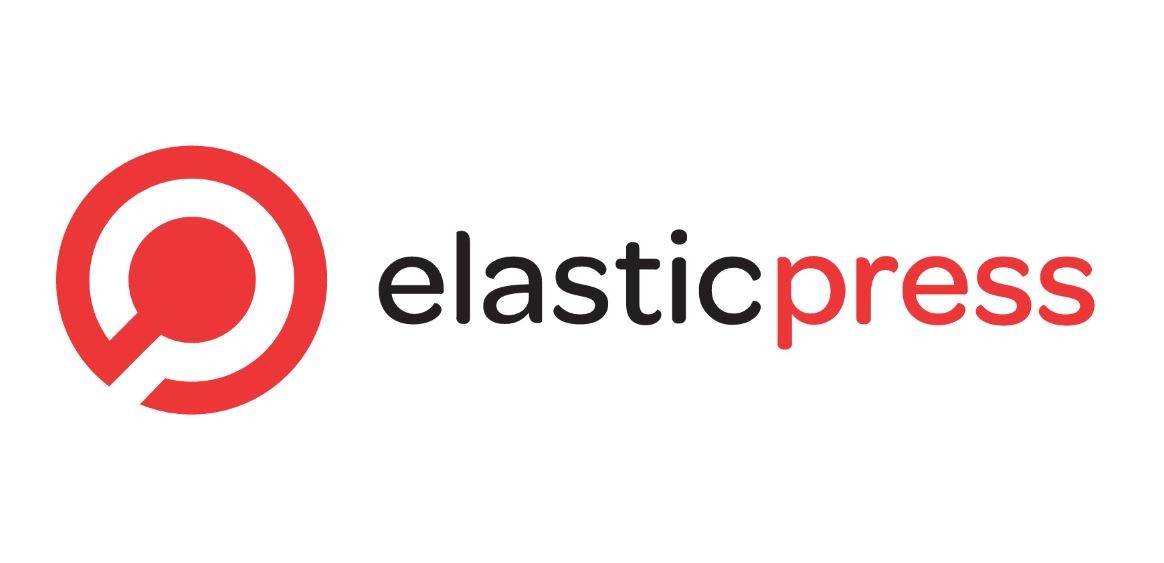Elastic, makers of the search and analytic engine Elasticsearch, have re-licensed its core product so that it is no longer open source. The company is moving new versions of both Kibana and Elasticsearch from the Apache 2.0-license to be dual-licensed under the Server Side Public License (SSPL) and the Elastic License, which do not meet the Open Source Definition.
In a post titled “Amazon: NOT OK – why we had to change Elastic licensing,” Elastic blames Amazon for the license change:
Our license change is aimed at preventing companies from taking our Elasticsearch and Kibana products and providing them directly as a service without collaborating with us.
Our license change comes after years of what we believe to be Amazon/AWS misleading and confusing the community – enough is enough.
Elastic claims AWS’s behavior has “forced” the company to abandon its open source licensing, citing examples of what they perceive to be “ethically challenged behavior.” In 2019, Amazon created an Open Distro for Elasticsearch, and Elastic claims they used code copied by a third party from their commercial code, further dividing the community.
As a result of the license change, Amazon announced its intention to officially fork Elasticsearch and Kibana, with plans to roll the forks into its Open Distro distributions:
Our forks of Elasticsearch and Kibana will be based on the latest ALv2-licensed codebases, version 7.10. We will publish new GitHub repositories in the next few weeks. In time, both will be included in the existing Open Distro distributions, replacing the ALv2 builds provided by Elastic. We’re in this for the long haul, and will work in a way that fosters healthy and sustainable open source practices—including implementing shared project governance with a community of contributors.
The Open Source Initiative (OSI) reacted to the news of the license change, calling the SSPL a “fauxpen” source license:
Fauxpen source licenses allow a user to view the source code but do not allow other highly important rights protected by the Open Source Definition, such as the right to make use of the program for any field of endeavor. By design, and as explained by the most recent adopter, Elastic, in a post it unironically titled “Doubling Down on Open,” Elastic says that it now can “restrict cloud service providers from offering our software as a service” in violation of OSD6. Elastic didn’t double down, it threw its cards in.
Elastic’s license changes may affect a few companies in the WordPress ecosystem that are redistributing Elasticsearch as a commercial offering. 10up, creators of ElasticPress, by far the most popular Elasticsearch plugin for WordPress, also runs the ElasticPress.io SaaS platform. More than 6,000 sites are using the open source plugin, but the company said these users will not be affected.
“No matter what this won’t affect the EP plugin,” 10up vice president of engineering Taylor Lovett said. “I would say the news is definitely discouraging and not a great look for Elastic.”
10up launched ElasticPress.io in 2017 and Lovett says it has become “an active part of the business with a plethora of customers,” and continues to grow. The company is currently seeking legal advice on how Elasticsearch’s licensing change will affect the ElasticPress.io service. Since previous versions of Elasticsearch remain open source, the company has time to figure out a new way forward.
“Right now we really don’t know what’s going to happen,” Lovett said. “There is no rush for us to upgrade ElasticPress.io to Elasticsearch 7.11+ so we have plenty of time to decide how to address the issue.”
Lovett confirmed that 10up is considering using the Amazon fork as an option but has not made a decision on the matter yet.
“I will say this does affect the end user in a way that they may end up having to choose between different flavors of Elasticserarch,” Lovett said.
“For example, you may need to decide if you want the official Elastic distribution or if you want to go with AWS’s fork.”
Unfortunately, for businesses that built services on top of redistributing the previously open source Elasticsearch, Elastic’s creators have gone back on the promise they made in 2018 to never change the license of any of the Apache 2.0 code of Elasticsearch, Kibana, Beats, and Logstash projects. As a consequence, Amazon has emerged as the one to drive the truly open source option for Elasticsearch and Kibana for the future.
“Elastic’s relicensing is not evidence of any failure of the open source licensing model or a gap in open source licenses,” the OSI board of directors stated in a recent post on the matter. “It is simply that Elastic’s current business model is inconsistent with what open source licenses are designed to do. Its current business desires are what proprietary licenses (which includes source available) are designed for.”
Like this:
Like Loading…





